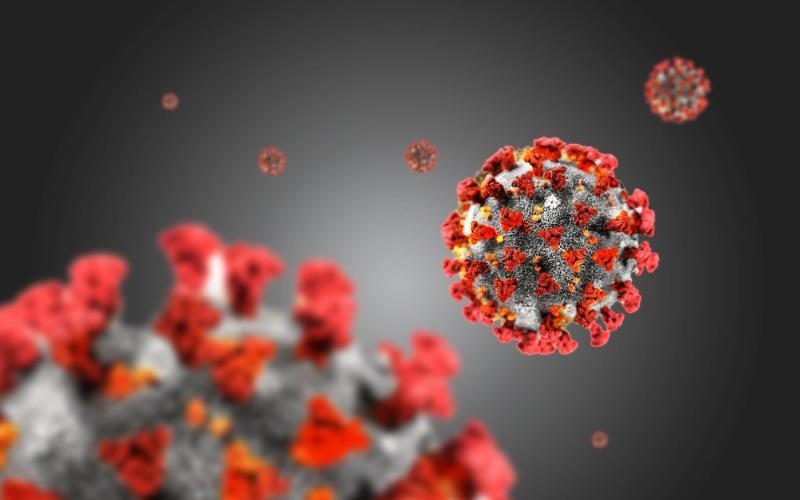Should people who contract Covid-19 be treated like they wear a Scarlet Letter?
The term “Scarlet Letter” derives from an 1850 novel by Nathanial Hawthorne entitled The Scarlet Letter, in which the main character has to publicly wear a mark on her body to represent a shameful act she committed in her past. In a time of heavy tensions and a global pandemic, people who contract the Covid-19 virus are often heavily criticized or internally shamed by their peers. From this arises the question: Should people who have or had Corona Virus be treated as if they wear a “scarlet letter”; should their actions and condition be frowned upon?
I personally believe that people who have contracted the virus should not be treated as if they wear this mark of shame. With how widespread the virus is, there is nearly an infinite number of variables that can play into how and why someone contracts it. Often times, the reason for how one gets the virus isn’t publicly known, and someone shouldn’t immediately be judged by other people unless the full story is revealed.
For instance, a friend of mine recently tested positive for Covid-19; however, it was for an “innocent” reason. In his case, his mom gave it to him, and she contracted it through her job, as she is a health care worker. In scenarios like these, there isn’t really anyone to blame; therefore, nobody’s public image should be put in question. Making assumptions revolving around how someone got the virus can only end badly, so it’s better off just not making these assumptions at all, and maybe even giving the person the benefit of the doubt.
Then there are the cases in which the virus was passed on through a public event like a party or through making decisions like not wearing a mask in crowded public areas. It seems logical not to publicly shame those who got Corona through something that is essentially out of their control, but should your views change on someone if they got it through doing something irresponsible?
As everyone knows by now, the virus has a much more damaging effect on the elderly and people with respiratory conditions. This fact has almost created a sense of invincibility in the younger, healthier population; they are much less concerned with the effects of the virus, causing some rash decisions to be made. However, even if someone contracts Covid-19 through making irresponsible decisions, I don’t think ridiculing them and trying to make them carry on guilt for their decisions is the right path to take. This doesn’t mean they should be dismissed for their actions completely, but rather it should be ensured that they learn from their mistakes so that they don’t make similar ones in the future. These people will often have a sense of guilt either way, especially if they spread the virus themselves, and will have to face the repercussion of having to battle a virus that could lead to long term health problems along with having to enter extreme isolation for an extended period of time. I believe making them feel even worse about their actions through publicly shaming them, even long after they have recovered from the virus is unnecessary and could even be counterproductive in having them learn from their mistakes.
There will always be people out there who are going to continue to make these bad decisions, putting themselves and others in danger, and there’s only so much that can be done to stop them. Criticizing and shaming these people even after they did potentially learn from their mistakes only creates more tension and divide in a time in which feelings of unity and harmony is lacking from society.


Mr. Sinigaglio • Jan 13, 2021 at 8:28 AM
Well said! I agree that shame and ridicule aren’t helpful in the slightest. Education and encouragement will make more of a difference in curbing the virus. Great article!